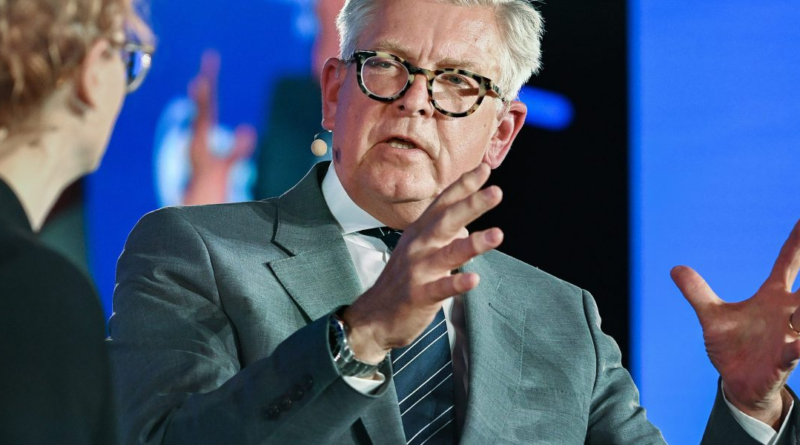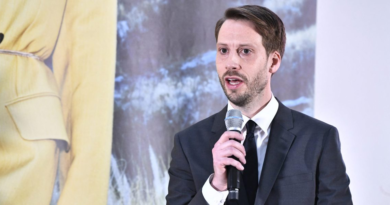The CEO of one of Sweden's biggest companies thinks regulation is decimating Europe's competitiveness and will leave 'no industry left'
Europe’s regulations have been trailblazing yet highly controversial in creating barriers and opportunities for businesses.
The latest critic of the myriad of EU regulations is Börje Ekholm, president and CEO of Swedish telecom and equipment company Ericsson.
The rules around competition imposed by the EU are repelling business, he argues.
It could get worse, though. If the stringent regulations continue, it could ultimately make Europe a museum—and not in a good way, Ekholm told the Financial Times.
The continent is “on the way to becoming a museum — great food, great architecture, great scenery [and] great wine but no industry left,” the chief of Ericsson, one of Sweden’s biggest companies, warned.
There’s been an urgent appeal from politicians and business executives echoing Ekholm’s sentiment about toning down regulations. Tech giants like Apple have been in the crosshairs of the EU over opening up competition a little more. Other leaders have also sounded the alarm about the general state of Europe’s decline.
That’s also trickled down to the individual level—Norway’s sovereign wealth fund CEO Nicolai Tangen highlighted that Europeans aren’t working nearly as hard as Americans, adding that Europe doesn’t have the same risk appetite.
Europe’s competitiveness and pioneering rules can seem at odds with one another—more recently, in artificial intelligence. But that’s a balance companies in the broader tech universe struggle to find.
The telecoms industry, where Ericsson operates, is among the EU’s most regulated industries, according to ING research. Some key telecom providers across the region, such as Orange and Telecom Italia have lobbied for regulators to loosen up rules on mergers, which often take long to review. They have other hurdles to cross, too, such as the bloc’s rules governing the area and underinvestment. The EU is now said to be considering relaxing its regulations.
The EU conditionally approved a merger between Orange and MasMovil in Spain to form the country’s largest telecom operator.
For the nearly 150-year-old mobile network and gadget maker, leaving room for consolidation within the industry could help make the region more competitive. The challenge currently is that Europe simply lacks the presence of a tech and digital sector, Ekholm said.
“Maybe I should just move on and forget about the museum but I was born in Sweden . . . I believe Europe has a real value in the world but I want Europe to be competitive,” he added.
The Stockholm-headquartered company recently moved to expand its chip design capabilities given the burgeoning 5G sector.
In an event last month, Ekholm highlighted the widening chasm between investment in digital infrastructure between the U.S. and Europe, and how it was essential to “reinvent and innovate.” To achieve that, Europe needs to deprioritize regulation in favor of more innovation, the Ericsson CEO said.
Ericsson saw its sales decline by 14% year-over-year in the first quarter as customers “exercised caution with their investments,” the company reported earlier this month. In March, the mobile equipment company laid off 1,200 employees because of the poor market conditions—a fraction of the 8,500 it laid off last year in cost-cutting efforts.
Ericsson didn’t immediately return Fortune‘s request for comment.



